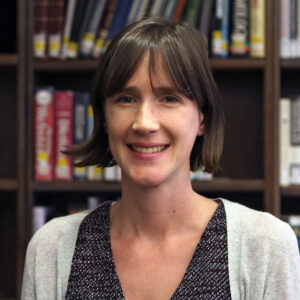…it is enough to know that
as long as there is a universe
I am a part of it.
Anne Alexander Bingham
It is no small comfort to believe that my father, who passed away unexpectedly in early February, has been reunited with his beloved mother and his dear friend Wally. Perhaps has found his way to a philosopher’s round-table where he can argue the meaning of life or the modern implications of 18th century French politics. Maybe he finally can ask Lucretius his questions about De Rerum Natura.
Problem is, I don’t really believe in any of that.
When I finally accepted that he had died – once all of the plans, packing, travel, texting, errands had been accomplished and I was home and he really and truly was not there – my only experience was loss.
Not gone “to a better place.” Just gone.
What consolation is there for people who don’t believe in a place like heaven? I get to keep my memories…photographs…jokes he was fond of telling…his sweaters, soft from use.
All I have is what I can retrieve from memory or the detritus of his good, happy life. These things are like the finger pointing to the moon. They are something like him, but not.
The idea of grieving without beliefs is inspired by Stephen Batchelor’s Buddhism without Beliefs, a book I read and discussed with my dad almost 20 years ago. Batchelor’s take on practicing Buddhism outside of the dogma of religion or beliefs spoke directly to me at the time. Living with “I don’t know” became an acceptable manner to move forward in life. Don’t have the answers? You probably never will.
My dad was a lover of poetry. So it came as no surprise when my mom found a poem that he had saved, tucked into an unrelated file. She read me the last few lines of “It Is Enough” by Anne Alexander Bingham and something inside of me shifted a little.
To grieve without beliefs, I have to first accept that I don’t know where he is, or if he “is” at all.
To grieve without beliefs, I have to accept my feelings when they arise – notice them, feel them, and let them go.
To grieve without beliefs, I need to do the work of my own grief. I need to create a practice to express and experience grief without imagining it will help or change anything.
For this work, I had a good role model. I remember how my dad survived his own mother’s death. How he grieved and wrote poetry. And then, carried on.
I think about how he must’ve dreaded life without her – especially vacations and holidays where she was so present and important. All the love he had lost. And yet…he still had a beautiful life to live, including two young daughters to raise. And he did.
The thought of his grief unfolding helps me move through my own. Sometimes, thinking about his strength only makes his loss worse. But mostly, it helps me through.
 Cynthia Ransley, MA, LLP is the Communications Coordinator for The Michigan School.
Cynthia Ransley, MA, LLP is the Communications Coordinator for The Michigan School.